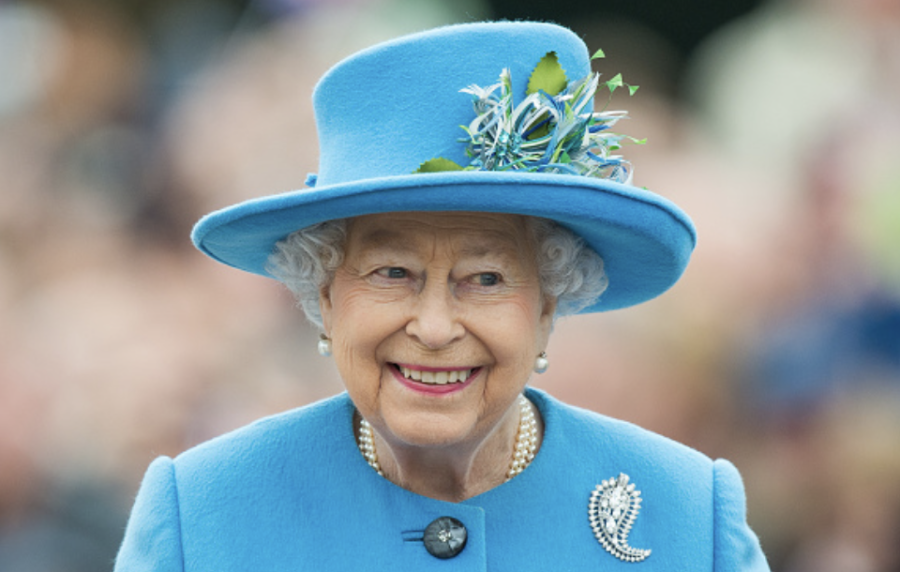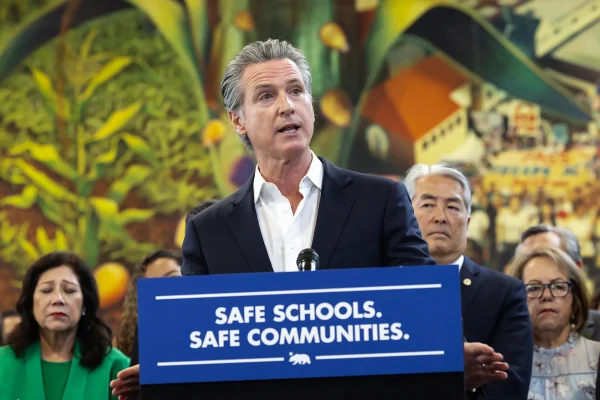Britain’s longest-reigning monarch Queen Elizabeth II dies at 96
“God Save the Queen” is no longer said in Great Britain. Inside Queen Elizabeth II’s last hours and some truth behind her reign.
After serving 70 years on the throne, Queen Elizabeth II of the United Kingdom passed on Sept. 8, 2022, at the age of 96 years old. She is Britain’s longest-reigning monarch and is revered as a figure of public service and nobility by the majority of Britons.
Coronated in 1953, she has overseen the positions of 15 prime ministers and 14 U.S. presidents and lived through massive world events, yet one thing always seemed to remain consistent: Her Majesty on the throne. She died surrounded by her children and grandchildren at Balmoral Castle in Scotland that Thursday evening.
On the morning of Sept. 8, the Queen’s health reportedly declined quickly as there was little observational evidence of senescence upon meeting with Britain’s newest prime minister Liz Truss, just two days before her death. However, considering Elizabeth was in her mid-90s, she recently had Covid-19, and her husband Prince Philip passed last year which carries grief, there was limited time before doctors would release statements over her health concerns. The core members of the Royal Family took flights from England to Scotland, to sit by the Queen’s bedside moments before her death, except for Prince Harry, who canceled a London conference that night and missed saying his goodbyes in time. Other royals, specifically the duchesses, stayed behind to take care of the children in England.
It was 6:30 p.m. UK time when Buckingham Palace announced, and the Royal Family tweeted, that the Queen “died peacefully” at Balmoral Castle and that the recently throned King Charles III and Queen Consort would return to London the following day. As for the Britons, it was the end of their workdays when the Queen’s health was failing, so crowds began to form at the gates of Buckingham Palace waiting for updates.
Once the news was released, the 10-day mourning process began out of respect for Her Majesty, with her funeral marking the end of it on Sept. 19. People recognized this might be the last time “God Save the Queen” would ever be said in our collective lifetimes with the succession after King Charles III is Prince William, then Prince George, until George’s sister, Princess Charlotte takes the throne. While the news devastates Britain and some of its Commonwealth, the other half of the Commonwealth is either unaffected or even celebrating her death.
Social media apps, Instagram and Twitter particularly have divided opinions on Queen Elizabeth’s acts of service. Those of the formerly colonized, and the 16 currently colonized countries of the British Empire known as the Commonwealth, are informing others about the British Empire’s role in colonialism in the 1940s and 50s. Fans of the Shamrock Rovers soccer team in Ireland even chanted, “Lizzie’s in a box! Lizzie’s in a box!” hours after the Queen’s death.
The monarchy’s history with colonialism, amongst other negatives, remains complex due to the Royal Family’s high-profile yet suspiciously secretive lifestyle. Something worth knowing is that the monarchy never had too strong of a political stance, and when it did, it always came with asterisks. The Queen (or King) is the part of the Head of State, and according to the Royal Family website, “As Head of State, The Monarch has to remain strictly neutral with respect to political matters.” While the Queen could’ve tried to do more to renounce colonization, technically, the prime minister and the Parliament always had the upper hand in the British government.
Priya Satia, a Stanford history professor, further emphasizes this point in a TIME Magazine piece stating that controversy swirls more around the Queen’s resistance to decolonization rather than fighting to break that systemic power. She says, “Although the Queen was the head of state and not the government, meaning she had limited decision-making power, as a political figure she had the opportunity to be vocal. But she opted for silence.” What’s for certain is that the monarchy, as outdated as it can be, truly serves more as a traditional figurehead of the British Empire while the Parliament and its cabinet, including former prime ministers, are more responsible for the tragedies caused as they carried out orders of expansion. Nevertheless, the uproar should call for a shift in the monarchy starting by acknowledging all devastating genocides of Africa, India, and native lands back in the twentieth century, and returning the precious Kohinoor diamond to India — but proper justice served in history forever remains a pipedream.
One thing to particularly admire or acknowledge about her legacy was her commitment to the throne. Prior to becoming queen, on her 21st birthday in 1947, she stated in a broadcast from Cape Town, South Africa, “I declare before you all that my whole life whether it be long or short shall be devoted to your service and the service of our great imperial family to which we all belong.”
Queen Elizabeth II was undeniably powerful; her resilience throughout these past 70 years bodes well for the longevity of her legacy. She was, for better or worse, the symbol of the British Empire. Monica Hesse of the Washington Post said in her editorial, “Whether you loved her or not, she was always there. Death and taxes and Queen Elizabeth II were the only certainties for 70 years.”
Now, although King Charles has been crowned, his official coronation ceremony will occur in later months. Before that can be planned, the Royal Family will take an extended 7 days of mourning Her Majesty.
The Briton’s 10-day mourning process ended today after the state funeral for Her Majesty took place earlier at 11 a.m. (3 a.m. PST), in Westminster Abbey, London. The funeral, broadcasted on all major news networks in the early morning, will run highlights of the ceremony throughout the day. King Charles III paid tribute to his late mother on Sept. 9, by saying, “Her Majesty The Queen, my beloved Mother, was an inspiration and an example to me and to all my family, and we owe her the most heartfelt debt any family can owe to their mother; for her love, affection, guidance, understanding and example. Queen Elizabeth was a life well lived; a promise with destiny kept and she is mourned most deeply in her passing. That promise of lifelong service I renew to you all today.”

Holly is a second-year student majoring in Film, Television, and Electronic Media (AA-T) at College of the Desert. She has experience in print and broadcast...






